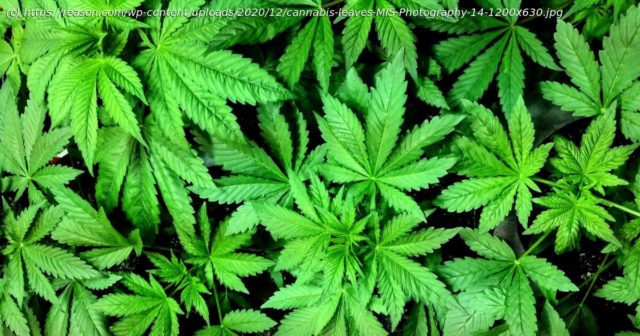The law is surprisingly permissive in some ways, but it includes high taxes and other provisions that hurt consumers.
New York Gov. Andrew Cuomo today signed a bill that adds the country’s fourth most populous state to the list of jurisdictions that allow recreational use of marijuana. Counting New York,16 states have approved general legalization, although South Dakota’s ballot measure is tied up in legal wrangling. New York’s law, which emerged from years of negotiations between Cuomo and legislators, is surprisingly permissive in some respects but includes high taxes and other provisions that compromise the interests of consumers. Residents 21 or older will be allowed to possess up to three ounces of marijuana and up to 24 grams of cannabis concentrates in public. They also can legally transfer those amounts to other adults „without compensation.“ New York’s limits are more generous than the rules in many other states that have legalized marijuana, where public possession typically is limited to one or two ounces. New Yorkers also will be allowed to possess up to five pounds at home. Marijuana use will be permitted anywhere that tobacco smoking is allowed, plus in specially licensed „consumption sites,“ which can operate in conjunction with dispensaries. Local governments will have the authority to prohibit consumption sites within their jurisdictions. Cannabis consumption in places where it is not permitted will be punishable by a $25 fine. Cities also will be allowed to ban marijuana retailers, provided they act by the end of the year. But they will not be allowed to stop residents from ordering marijuana online and having it delivered by licensed companies. The legislature wisely eschewed defining marijuana-impaired driving based on THC blood levels, which are not a reliable indicator of intoxication. As under current law, police instead would have to present evidence that a driver is „under the influence,“ which can include blood test results, the smell of marijuana, erratic driving, and performance on sobriety tests.
Start
United States
USA — Political New York Becomes the 16th State To Approve Marijuana Legalization






